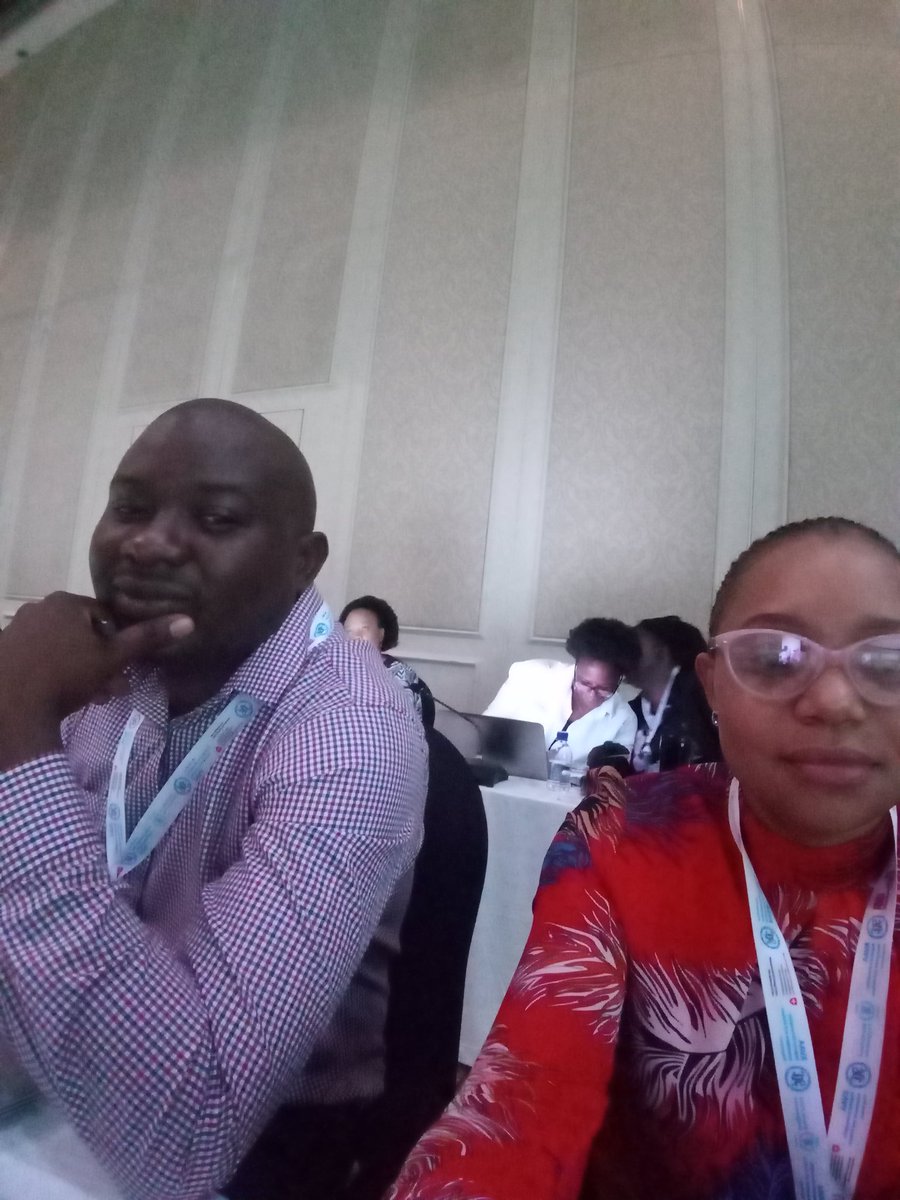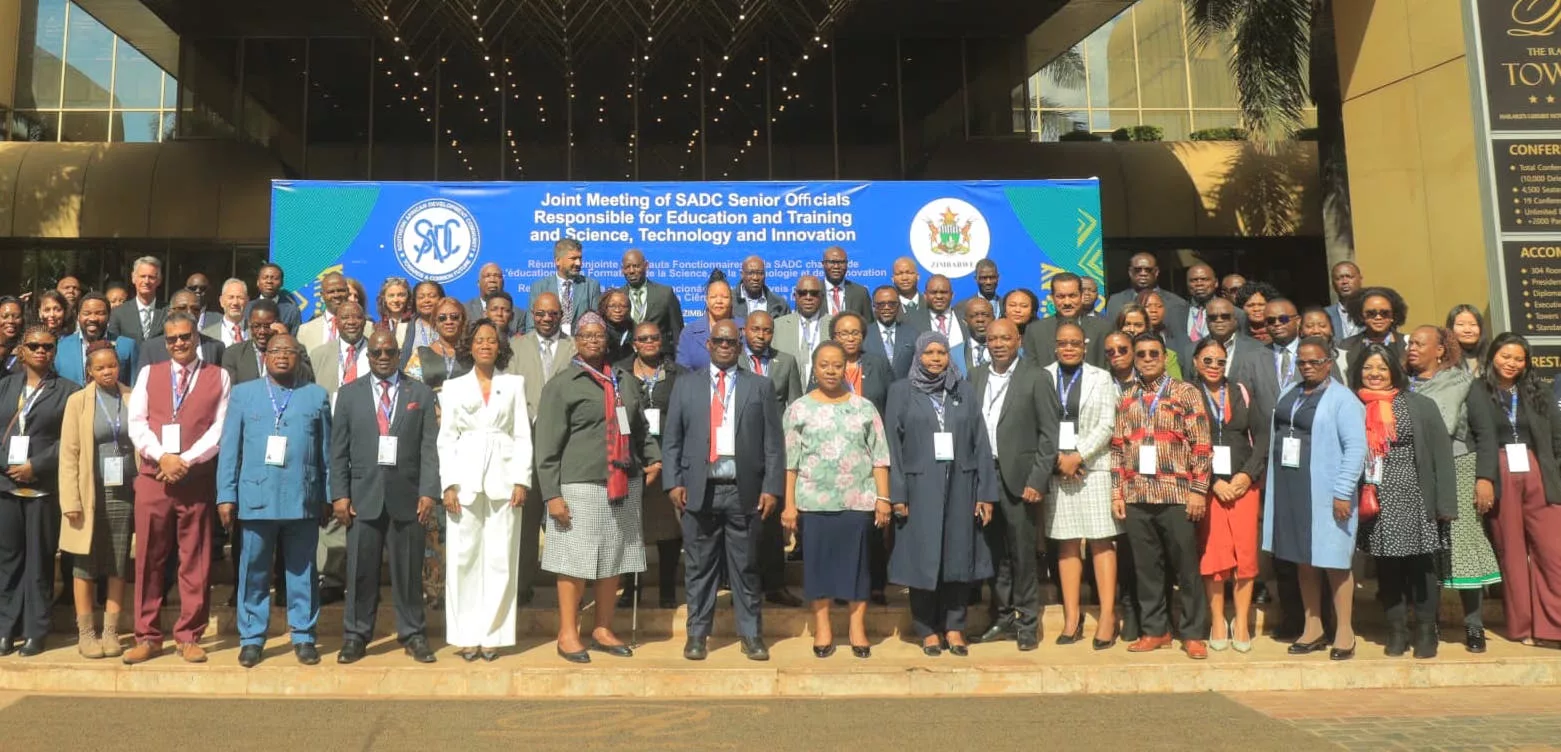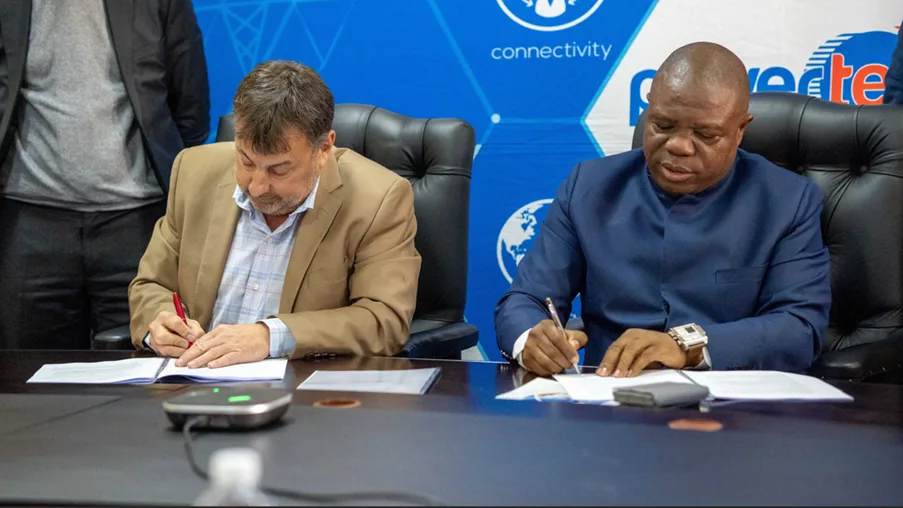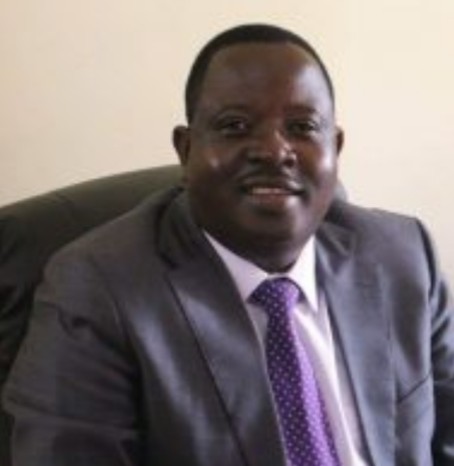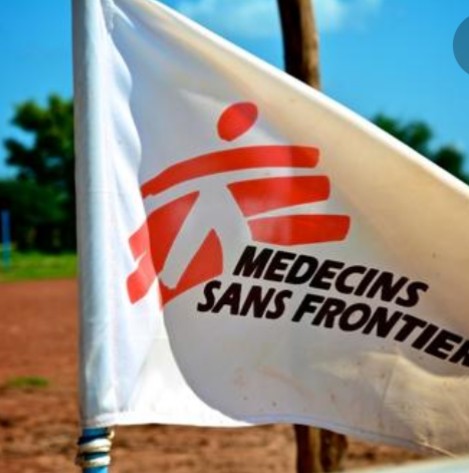The Regional Vulnerability Assessment and Analysis (RVAA) Programme’s regional pre-assessment workshop opened with a call to National Vulnerability Assessment Committees (NVACs) of Member States to harmonise and improve the quality of assessments and analysis; and integrate emerging issues such as nutrition, gender, HIV, markets and urban vulnerability to meet the needs of decision makers.
The workshop that is taking place in Gaborone, Botswana from 05 – 10 May 2019, has brought together 45 representatives from NVACs of Southern African Development Community (SADC) Member States’, the SADC Secretariat and development partners.
National Vulnerability Assessment Committees are government-led multi-sectoral committees that undertake regular assessments and conduct specialised studies on national priorities, which are critical to planning in their respective countries. The membership of the NVACs includes government ministries and departments, and institutions; United Nations agencies; national and international non-governmental organisations (NGOs); Faith-Based Organisations; academic institutions; researchers; and multilateral funding agencies, among others.
The Committees provide evidence that informs key decision-making processes related to food, nutrition and livelihood security in their respective countries and the region. In some countries, NVACs are a framework for interagency coordination and cooperation, especially during emergencies.
The RVAA Programme synthesises the information produced by NVACs into the “State of Food and Nutrition Security and Vulnerability in Southern Africa Report.”
The Report provides a regional outlook on the state of vulnerability and food and nutrition security and contains recommendations for short and long-term planning. It is the reference document for the SADC Council of Ministers Meetings on food and nutrition security and vulnerability in the region which also informs the annual SADC Heads of State and Government Summit.
The RVAA Programme convened the workshop to review and refine the Vulnerability Assessment and Analysis reporting formats, indicators, dissemination strategies and the integration of emerging issues such as nutrition, gender, HIV/AIDS and markets into the vulnerability assessments and analysis. The workshop also provides an opportunity to the NVACs to reflect on the previous assessments and draw lessons to inform the 2019 assessments.
Speaking during the opening session, the SADC Secretariat’s Senior Programme Officer, Disaster Risk Reduction, Ms. Sithembiso Gina said policy and decision makers need timely and credible information to respond effectively to several disasters that have affected the SADC region this year.
“The regional food security is currently threatened by a series of disasters, including Tropical Cyclones – IDAI, Eawo and Kenneth that hit several countries and destroyed almost one million hectares land, several crops, and seed stocks. This situation makes the 2019 assessments critical in to inform disaster response,” she said.
The workshop participants noted that the Member States were at different stages of preparing for or undertaking the 2019 vulnerability assessments and analysis, therefore, the inputs from the workshop will enrich the assessments and analysis. The regional dissemination of the synthesized results is expected to take place in July 2019.
Mr. Obert Mutabani, speaking on behalf of the Chairperson for Namibia Vulnerability Assessment Committee which is housed in the Disaster Risk Management Department in the Office of the Prime Minister advised the NVACs to reflect on how they follow up on the implementation of their recommendations, particularly on building resilience to disasters.
“We have been making recommendations for programming on resilience for a long time. It is time we asked ourselves if the governments and stakeholders are implementing these recommendations because the frequency of disasters and the impact on the livelihoods of the population has increased,” he said.


